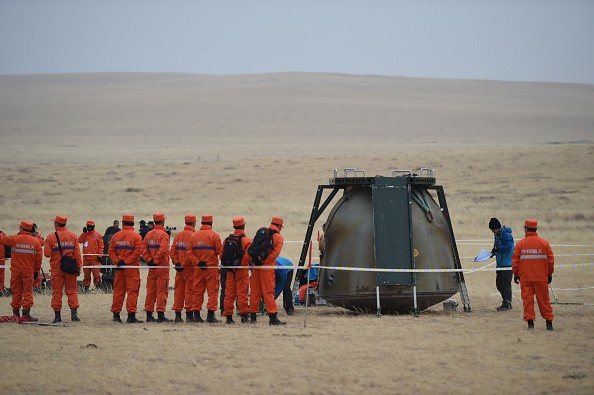China has successfully bred the world's first "space mangoes," an experiment that was part of the Shenzhou-11 mission last year, an article on shanghaiist.com said.
According to the report, the new green buds of the fruit were first shown to CCTV cameras at a research lab in Hainan by Peng Longrong, the project leader.
The new sprouts were reproduced from embryonic cells of a mango, which was taken for experimental tests in space last November. The embryonic mango, which carries excellent genes, survived on nutrient medium, the report said.
The report said that a series of "space breeding" experiments on mangoes were conducted by Chinese astronauts, which exposed the fruit to various conditions to determine how it will adapt and gain new genetic traits.
Peng said that new breed of "space mangoes" will be more insect-resistant than the usual variety grown on earth. It will also be "of higher quality and providing more output."
The videos of the mutated breeds cultivated in the space environment were also shown by Professor Wang Songbiao, head of the mango breeding program team.
"These are not mango seedlings. They can only be called somatic embryos now," the professor said.
According to the professor, the genes of the buds may have been affected by space travel and researchers will determine the changes in them and choose the varieties with higher quality to grow them into "space mangoes" in the future.
The report said that two Chinese astronauts brought with them various seeds of different types, including four test tubes of embryonic mangoes, to the Shenzhou-11 space mission in October last year.
Together with the astronauts, the seeds spent 33 days in space and were subjected to conditions such as radiation, weightlessness and cabin pressure, which were all done to stimulate new genetic traits and create better varieties of fruits.
After Shenzhou-11 returned to earth, scientists pick out the mango cells that survived, mutated and grown new tissues, which they believe carry the best genes to breed the future mango crops.
Experts see the successful breeding of space mangoes as a triumph for China's space breeding program.



























